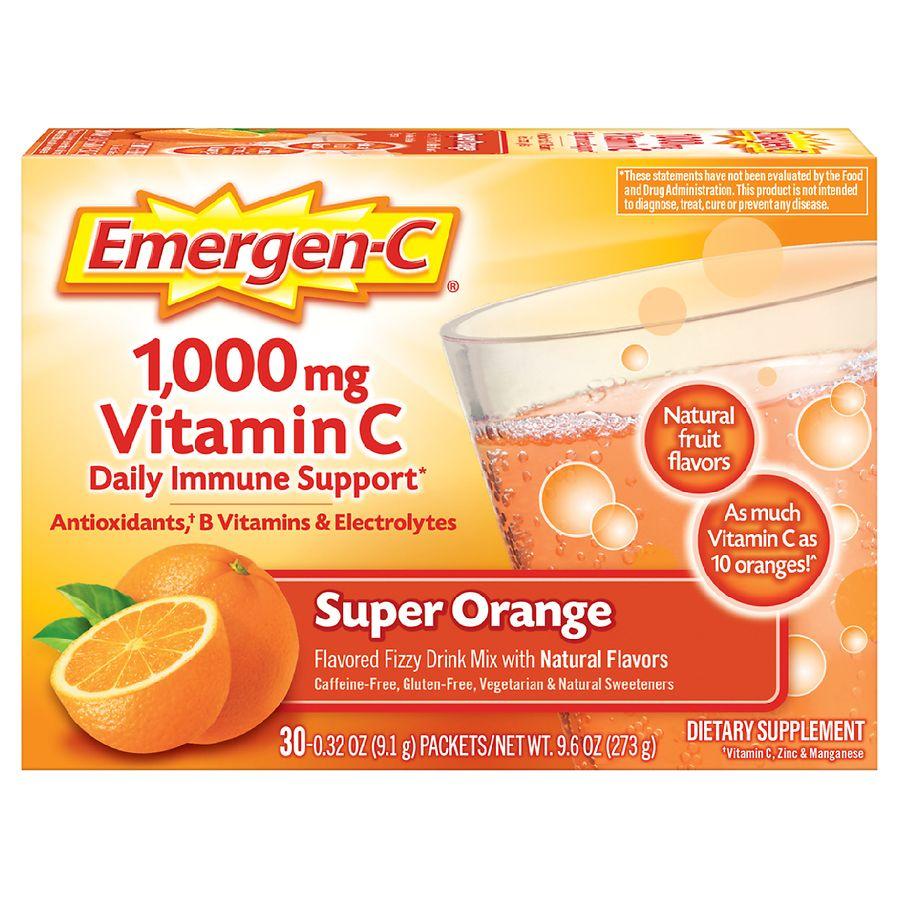In the intricate tapestry of human health, few threads are as vital as the interplay between nutrients and bodily functions. Among these, vitamin C stands out—not merely as a powerful antioxidant but as an essential building block for our body’s structural integrity. Often celebrated for its immune-boosting properties, this remarkable vitamin also plays a pivotal role in collagen formation, the protein that acts as the foundation for our skin, bones, and connective tissues. but its influence extends beyond aesthetics; it is equally crucial for joint health, helping to maintain flexibility and resilience in our movements. In this article, we will delve into the multifaceted functions of vitamin C, exploring how it supports collagen production and its profound implications for joint wellness, ultimately illuminating the path to a healthier, more vibrant life.
Understanding Collagen: the Building Block of Healthy Joints
Collagen is an essential protein that serves as the foundation for healthy joints and connective tissues throughout the body. It not only provides structural support but also plays a crucial role in maintaining the integrity and flexibility of cartilage, which cushions joints and enables smooth movement.However, the body relies on a variety of nutrients to produce sufficient collagen, among which vitamin C stands out as a key player. This powerful antioxidant aids in the synthesis of collagen by facilitating the hydroxylation of proline and lysine, amino acids vital for collagen formation. Without adequate vitamin C, collagen production can diminish, leading to joint stiffness and discomfort.
Incorporating vitamin C-rich foods into your diet can significantly influence your collagen levels, therefore supporting joint health. Some of the best sources include:
- Citrus fruits (oranges, lemons, grapefruits)
- Berries (strawberries, blueberries, raspberries)
- Leafy greens (spinach, kale, Swiss chard)
- Bell peppers (red, green, yellow)
- Cruciferous vegetables (broccoli, Brussels sprouts)
To illustrate the impact of vitamin C on collagen formation, the following table summarizes key sources and their vitamin C content:
| Food item | Vitamin C (mg per 100g) |
|---|---|
| Orange | 53.2 |
| Strawberries | 58.8 |
| Red Bell Pepper | 80.7 |
| Broccoli | 89.2 |
| Kale | 120.0 |

The Essential Connection: How Vitamin C Fuels Collagen production
When it comes to maintaining the structural integrity of our skin and joints, few nutrients are as vital as vitamin C. This powerful antioxidant plays a critical role in synthesizing collagen, a protein that forms the backbone of our skin, bones, and connective tissues.With each passing year, the natural production of collagen begins to decline, resulting in signs of aging such as wrinkles and joint stiffness. By incorporating vitamin C-rich foods into your diet, you can help nurture collagen formation and sustain youthful resilience in your body. Consider adding these essential sources of vitamin C to your meals:
- Oranges and Citrus Fruits
- Bell Peppers
- Kale and Other Leafy Greens
- Strawberries
- Kiwi
Beyond just skin health,the impact of vitamin C extends to joint function and overall mobility. Research indicates that adequate levels of vitamin C can alleviate joint pain and play a protective role against degenerative conditions. It acts to neutralize free radicals that may or else lead to inflammation, thereby supporting the tissues in and around our joints.To illustrate this connection, here’s a simple breakdown of some benefits associated with sufficient vitamin C intake:
| Benefit | Description |
|---|---|
| Boosts Collagen Production | Enhances skin elasticity and firmness |
| Reduces joint pain | Alleviates discomfort from inflammation |
| Improves Wound Healing | Speeds up recovery from injuries |
| Supports Immune Function | Strengthens the body’s defenses |

Boosting Joint Health Naturally: Dietary Sources of Vitamin C
The human body relies heavily on vitamin C for the synthesis of collagen, a vital protein that maintains the integrity and resilience of joint tissues. To harness the benefits of this essential nutrient, consider incorporating a variety of vitamin C-rich foods into your daily meals. Fresh fruits and vegetables stand out as the best sources, ensuring that you not only support your joints but also provide your body with a plethora of other antioxidants and nutrients. A few standout options include:
- Citrus fruits: Oranges, grapefruits, and lemons provide a refreshing boost of vitamin C.
- Berries: Strawberries, blueberries, and raspberries are both appetizing and packed with antioxidants.
- Leafy greens: spinach, kale, and Swiss chard offer a wealth of nutrients, including vitamin C.
- Bell peppers: In addition to being colorful, they are one of the richest sources of vitamin C.
To help you plan nutritious meals,here’s a simple table showcasing the vitamin C content of a selection of common foods:
| food Item | Vitamin C Content (mg per 100g) |
|---|---|
| Kiwi | 93 |
| Strawberries | 58 |
| Broccoli | 89 |
| Red bell Pepper | 160 |
Incorporating these foods into your diet can significantly enhance your joint health by supplying the necessary building blocks for collagen production. By making these wholesome choices, you are not only promoting joint function and mobility but also embracing a flavorful approach to boosting your overall well-being.

Incorporating Vitamin C into Your Routine for Optimal Joint Support
Integrating Vitamin C into your daily regimen can significantly enhance joint health by promoting collagen synthesis, which is essential for maintaining the integrity of cartilage and connective tissues. A few effective ways to incorporate this powerful vitamin include:
- Fresh Fruits and Vegetables: Design meals around colorful produce like oranges, strawberries, bell peppers, and broccoli, each rich in Vitamin C.
- Supplements: Consider adding a Vitamin C supplement to your routine,preferably in consultation with a healthcare provider to determine the right dosage.
- Smoothies: Blend leafy greens, berries, and kiwi for a delicious way to start your day with a Vitamin C boost.
To better understand the influence of Vitamin C on joint health, consider the following nutrients that work synergistically:
| Nutrient | Role in Joint Health |
|---|---|
| Collagen | Provides structural support and strength to joints and cartilage. |
| Glucosamine | Helps with the formation of cartilage and may reduce pain and inflammation. |
| Omega-3 Fatty Acids | Known for their anti-inflammatory properties, promoting joint comfort. |
Combining vitamin C with these nutrients can amplify the benefits for your joints, ensuring that your body has the tools it needs for optimal mobility and comfort. Consistency is key, so make sure to enjoy a varied diet rich in these vital components to nurture your joints from the inside out.
Wrapping Up
the vital role of Vitamin C in collagen formation and joint health cannot be overstated. as we explore the intricate dance of nutrients within our bodies, it becomes clear that this essential vitamin serves as both a catalyst and a protector, bridging the gap between nourishment and structural integrity.Incorporating Vitamin C into our daily routines—whether through vibrant fruits, leafy greens, or thoughtful supplementation—may not only enhance our skin’s resilience but also fortify our joints against the wear and tear of time. As we continue to unravel the complex tapestry of human health, let us acknowledge and embrace the power of this humble vitamin; for in doing so, we pave the way for greater vitality, mobility, and overall well-being. The journey to optimal health is myriad and multifaceted, but with Vitamin C as a steadfast ally, we can embark on this path with renewed hope and purpose.





